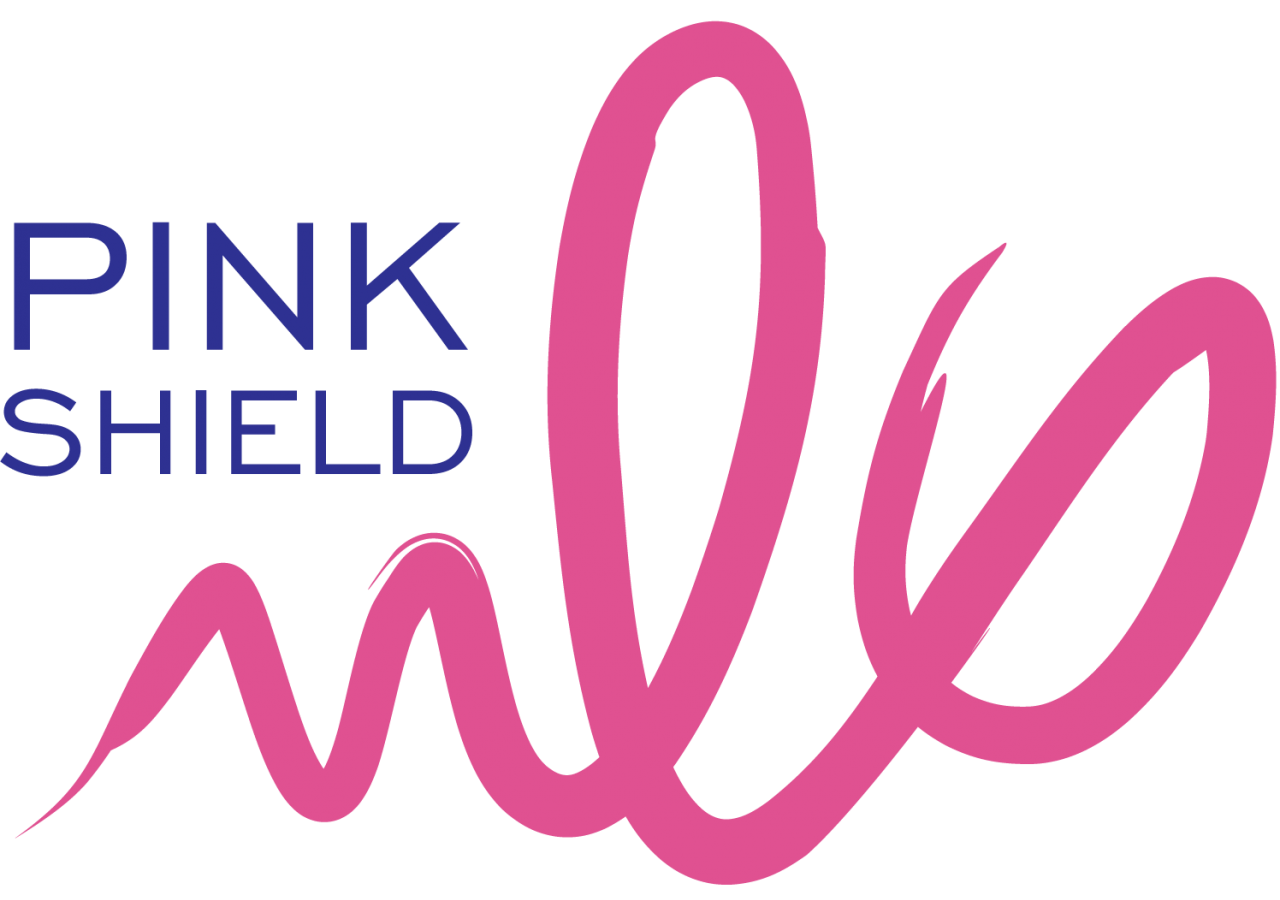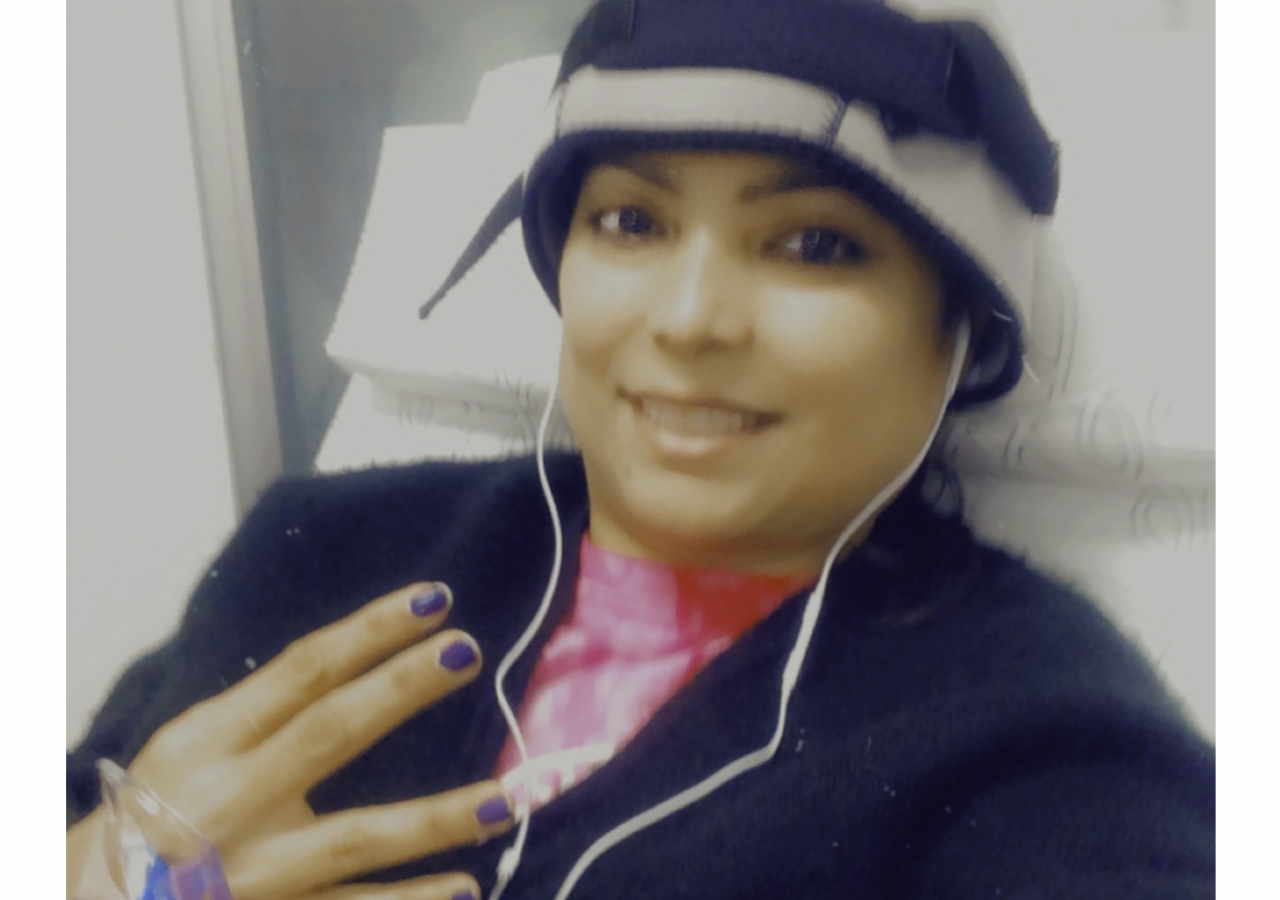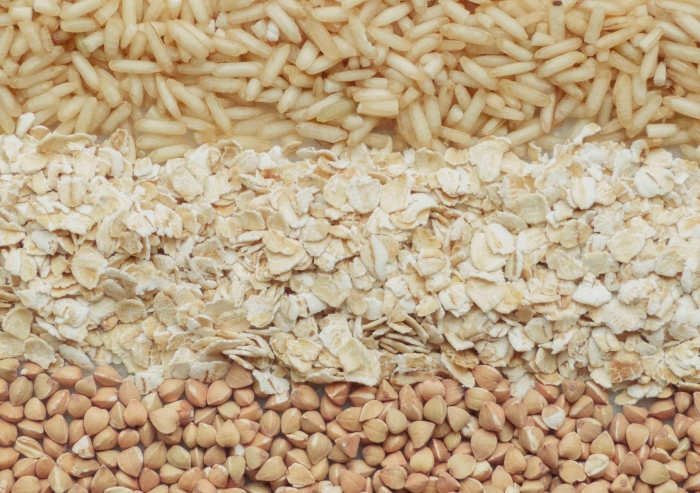October was Breast Cancer Awareness Month. What should women be aware of to recognize and reduce risks to their health?
It’s a story that remains all too heartbreakingly familiar: a mother, daughter, sister, or friend diagnosed with breast cancer. In one way or another, breast cancer has affected the lives of many. Although often associated with women, it's important to note that breast cancer is not exclusively a women’s disease. However, it does disproportionately affect females, with male breast cancer constituting less than 1% of all breast cancer cases.1
Breast cancer remains a formidable opponent and continues to be the leading cause of cancer death among women globally, claiming over 665,000 lives annually. While therapies continue to improve, early detection remains one of the most effective ways to enhance survival rates. The five-year survival rate for women with early breast cancer is 90%, which stands in sharp contrast to the approximately 30% survival rate for those diagnosed with late-stage disease. Furthermore, even women diagnosed early face a roughly 30% chance of developing metastatic breast cancer later in life, underscoring the critical importance of ongoing and regular screening.2
While breast cancer has profoundly affected many lives in the past and continues to do so, an increasing number of women are rewriting its narrative, thanks to advancements in medicine, heightened awareness, and improved screening. To start, breast cancer awareness over the last few decades has increased. October was designated Breast Cancer Awareness Month by the American Cancer Society in 1985. In 1992, Estée Lauder and Self magazine launched an awareness campaign commemorating the pink ribbon as a sign of support and unity. This symbol has now become synonymous with breast cancer awareness.3 While October is commemorated annually as Breast Cancer Awareness Month, awareness of the disease and the difficult patient experience should continue year-round.
Improvements in awareness, combined with advances in breast cancer screening and diagnosis have also led to earlier detection and treatment. Digital mammography, MRIs, and ultrasounds allow physicians to more accurately detect potentially cancerous abnormalities. Self exams are also critical. Genetic testing enables them to identify individuals who could be at higher risk for breast cancer due to certain genetic mutations, such as the BRCA mutation, and curate more effective treatment options. We can now even determine the unique biological composition of a cancer to understand how to better attack it.
Lifestyle factors also play a role in reducing breast cancer risk. According to Dr. Anees B. Chagpar, Professor in the Department of Surgery at Yale University School of Medicine, “Simple things like avoiding alcohol, not taking exogenous estrogens or hormone replacement therapy, and maintaining an ideal body weight with regular exercise make a real difference!” In addition, Dr. Chagpar notes that there are proactive steps women with a family history can take to reduce their risk. “On top of that, we now understand the genetics of breast cancer, and while it's important to know that most breast cancers are not associated with a family history if you do have a family history or a genetic mutation that increases your risk, there are prophylactic options available to you (from pills to surgery) that can reduce your risk from 50-95%.”
However, improvements in screening techniques are only as good as the consistency with which they are utilized. Breast cancer survivors will agree that regular screening is essential for early detection. Some women may be advised to begin screening at an earlier age or undergo more frequent or different types of screenings, such as ultrasounds or breast MRIs alongside mammograms, based on personal risk factors like family history of breast cancer.
Breast self-exams are a sometimes overlooked but crucial aspect of screening. Dr. Salima Mulji, an anesthesiologist at the University of Alabama at Birmingham diagnosed with breast cancer in 2020, shares, “I did not find out during my routine mammogram. I found a lump during a routine breast self-exam.”
A breast cancer diagnosis and the changes that it brings can also take a toll on women’s self-esteem. Following diagnosis, Dr. Mulji underwent a mastectomy, chemotherapy, radiation, and eventually, breast reconstruction surgery. She shares that aside from practical techniques like cold-capping during chemo by which she was able to “preserve 30% of her own hair, use clip-on hair pieces, and not shave her head,” she took solace in hearing from other women about their recovery process. “I talked to my friends who had gone through a similar journey and received constant support. There is a whole sisterhood that shares and supports and lifts you up.”
Guided by Mawlana Hazar Imam's vision and data trends within the Jamat, the Aga Khan Health Board for the USA (AKHB) has developed 'Pink Shield: Defending Against Breast Cancer,' a program focused on risk reduction, prevention, and early detection," says Dr. Mehrunnissa Taj, Chairman of AKHB. This initiative provides strategies for prevention and early detection to Jamati members who have no personal history of breast cancer but have household members who have been diagnosed with breast cancer.
Breast Cancer Awareness Month is always a reminder to take the time to discuss your risk factors and screening options with your doctor and encourage a friend or loved one to do the same. Utilize resources from the Aga Khan Health Board to learn how to reduce your risk or to navigate your journey if you've been diagnosed. Dr. Chagpar emphasizes, “It can still be scary when you've never faced this diagnosis before but you’re not alone.”
1 “Male Breast Cancer Treatment.” Male Breast Cancer Treatment - NCI click here
2 “Breast Cancer: Building on Our History and Evolving With Science.” AstraZeneca click here
3 “Breast Cancer Awareness Month.” Breastcancer.Org - Breast Cancer Information and Support, Breastcancer.org, 18 Oct. 2024 click here









